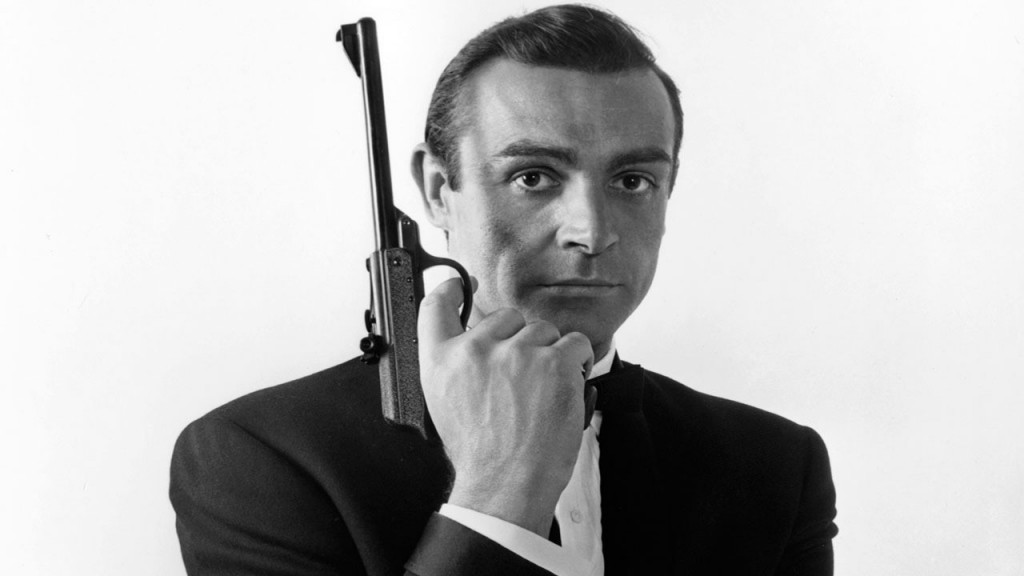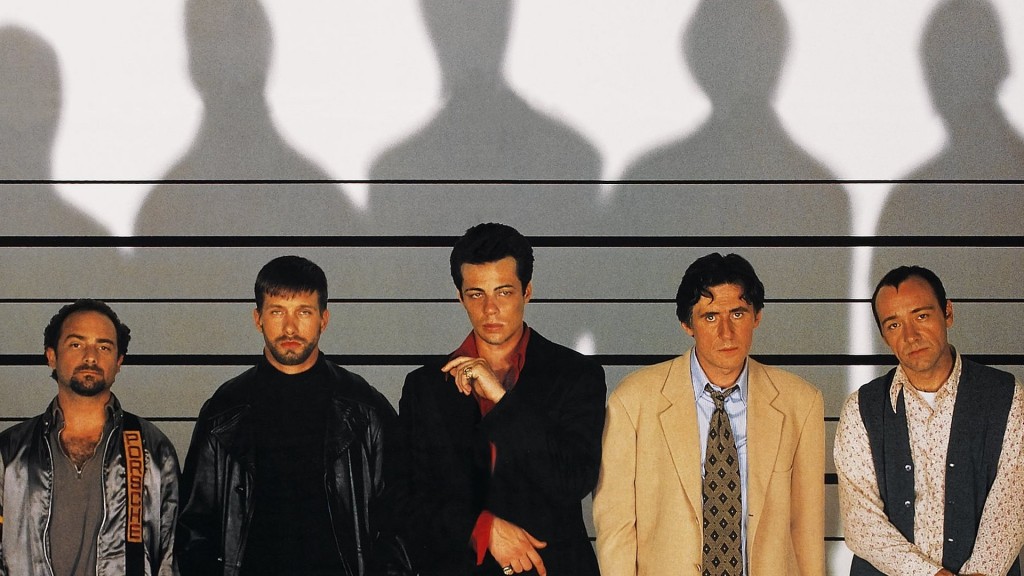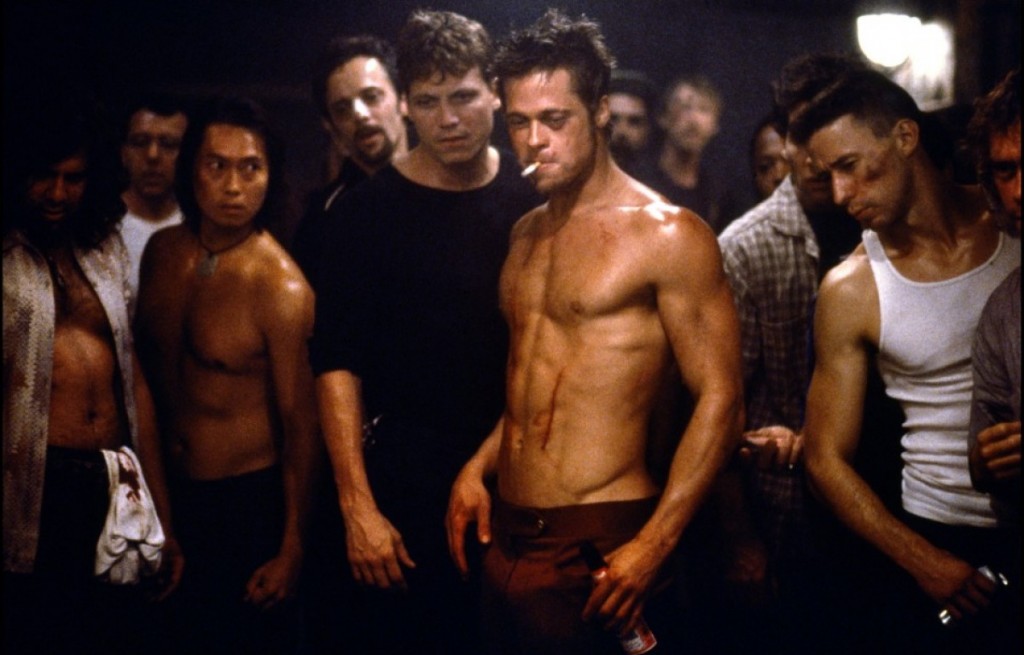So I know that, for the most part, this blog has been solely about movies and films, but I am also an incredibly huge fan of good television. I’ve absolutely gone crazy over shows like Breaking Bad, House of Cards, and Dexter. Recently a friend mentioned the British crime-drama Broadchurch, which unfortunately has gone by relatively unnoticed in America, so I decided to check it out. After the first episode I was hooked, and actually ended up binging through the entire first season in only two days. This show has quickly risen to the top of my totally imaginary “favorite shows list,” and I simply can’t wait for the second season.
Set in Dorset, England, Broadchurch centers around the murder of an 11 year old boy, found dead on the beach in the small town of the same name. Scottish Detective Inspector Alec Hardy, played by David Tennant whom many may know from Doctor Who, is put in charge of the investigation, only weeks after he was unable to solve a case of a similar nature. As the investigation progresses, deep secrets are revealed about different inhabitants of the town, weaving the narrative around different perspective as a witch-hunt unfolds in the town. But unlike other shows of this kind, Broadchurch takes and in-depth look into the mental and emotional toll of this murder on not only the victim’s family, but on the investigators and citizens of the town alike. In only eight episodes, you truly feel for the characters, sympathizing with the struggles they’ve been through.
Another brilliant aspect of the series is the ability to combine elements of crime dramas with aspects of the “whodunnit” genre, perhaps like AMC’s The Killing or the classic 80s film Clue. Right from the start the viewers only have as much information as Hardy and his team, so new conclusions are made with every episode. And not until the very end of the season do you find out who the killer really is. But as with other shows of this nature, Broadchurch really opens itself up to speculation, and right from the start I found myself making predictions as to who was involved. And then even when I thought I had it figured out, new information would turn up showing me just how wrong I was.
There’s something truly special about this show that makes it stand out among every other crime drama. It’s absolutely incredible how it can revolve around such a dark, grisly subject matter, yet remains oddly beautiful. If you ever get the chance, don’t hesitate for even a moment to watch Broadchurch. Apparently FOX has expressed interest in making an Americanized version of the show, but I see no way it could live up to the perfection that the original series is.
I’m curious, what are your favorite, underrated shows? Are there any shows or movies that you believe are absolutely perfect?































